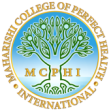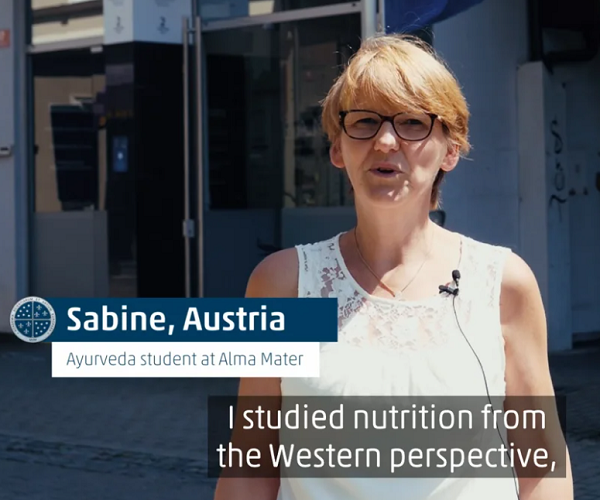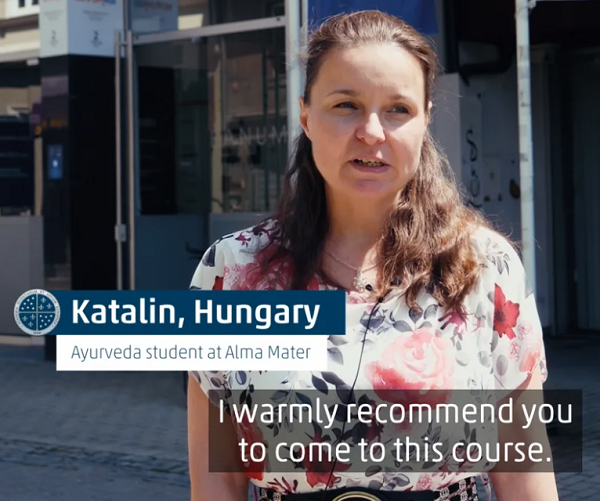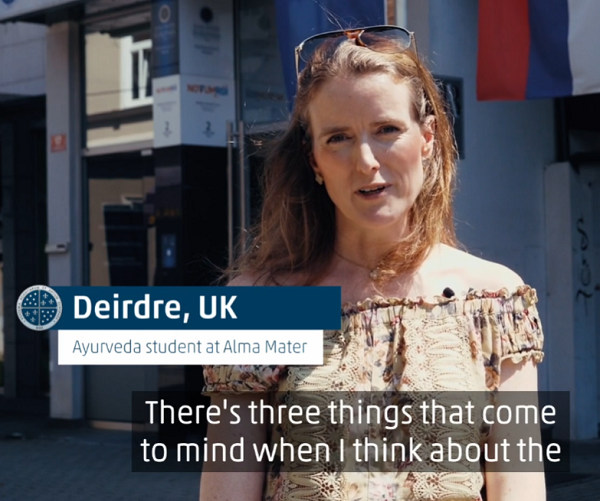News | Insights | Stories
Advancing careers in holistic health
Explore and practice ancient wisdom:
Professional Training in Maharishi AyurVeda
at an accredited European university
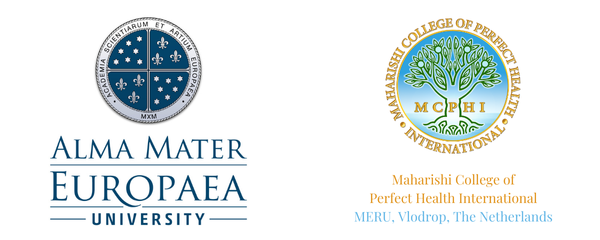
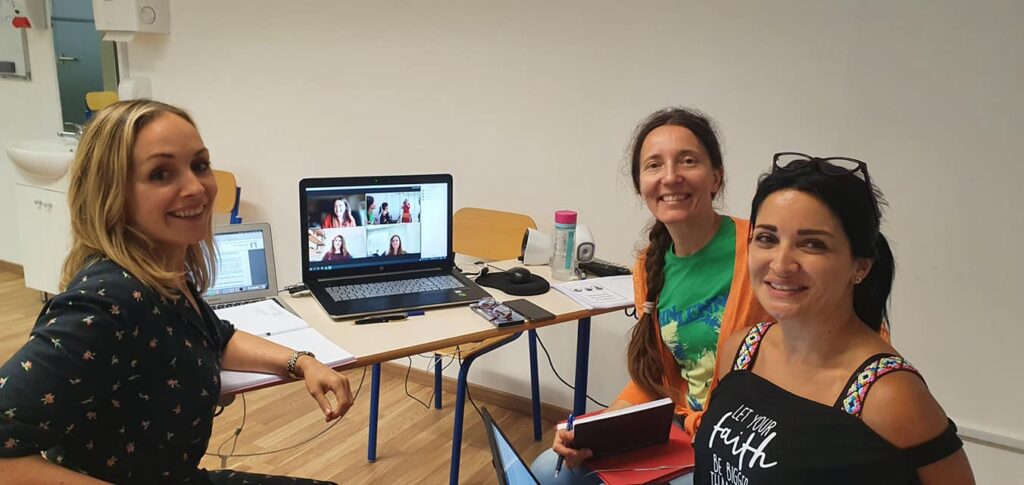
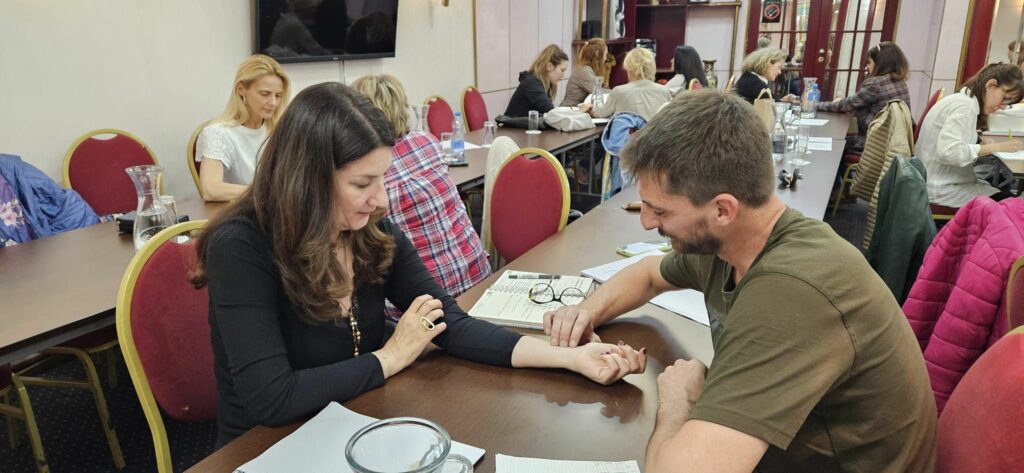
The professional Ayurveda training programme at Alma Mater Europaea
The Maharishi College of Perfect Health International will soon be entering the sixth year (2026) of the highly esteemed professional training programme in Ayurveda. This programme has been offered through the accredited university Alma Mater Europaea in Maribor, Slovenia and has become a beacon of knowledge, drawing students globally who are eager to delve into the ancient wisdom of Ayurveda and immediately apply their knowledge.
Experience personal and professional growth with consciousness-based Ayurveda training
Maharishi AyurVeda encompasses Maharishi’s profound insights into the intricate relationship between pure consciousness, the mind, the physical body, behaviour, society, and the environment. It introduces techniques to enhance stress tolerance and overall well-being through personalized self-care programme, including the practice of Transcendental Meditation®. Through this practice, we connect with our deepest Self, experiencing a state known as Samadhi—a profound level of consciousness, the foundation of health.
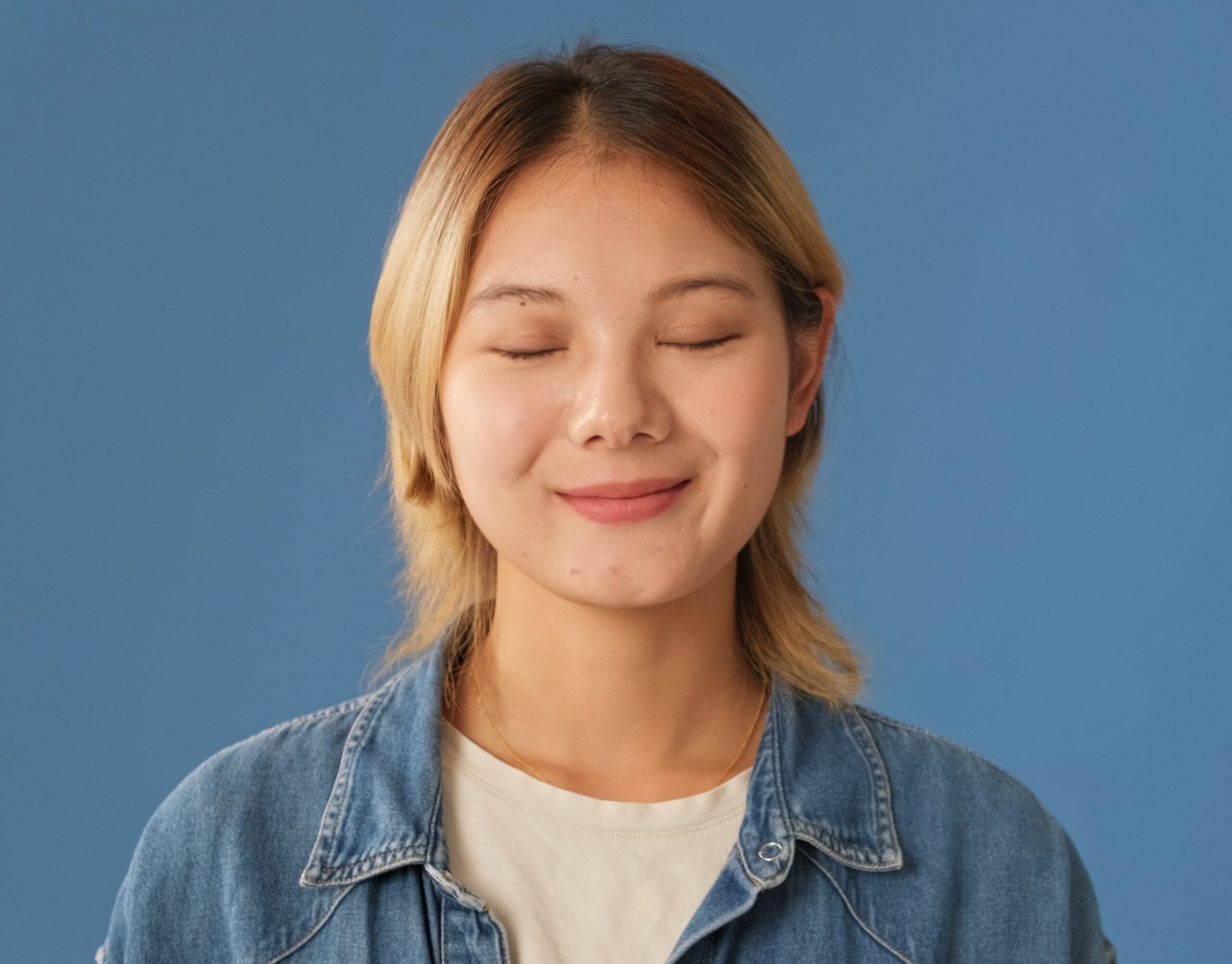
Who is the training for?
This programme provides a unique educational opportunity for anyone who wishes to improve their own health or conduct Ayurveda consultations and health professionals who wish to expand the scope and effectiveness of their healthcare practice, enabling them to begin a new career or supplement their existing career with the profound, time-tested natural wisdom of Ayurveda.
What are the programme objectives?
From classroom to consultation room: where theory meets immediate practical application.

The 1-year, part-time hybrid programme provides a solid foundation for the practice of Ayurveda, awarding participants with 55 ECTS credit units (European Credit Transfer System) upon successful completion. Noteworthy for its practical orientation, the programme emphasizes hands-on experience, ensuring a practical understanding of Ayurvedic principles. Students benefit from personal attention from the faculty, fostering a supportive learning environment that prioritizes individual growth and competency in the field.
Unique teaching modalities - balancing tradition and technology:
We understand the importance of a diverse learning experience. Our programme utilizes three teaching modalities to ensure a well-rounded education:

1. On-campus blocks: The on-campus stays at Maribor offer the opportunity to personally meet the professor and study colleagues and immerse together as a group in the core knowledge and skills of Ayurveda. Enjoy four 8-day in residence stays with intensive daily lectures and practical workshops.


3. At-home blocks: Through self-study and practice at home, including Maharishi AyurVeda Pulse Diagnosis and daily Transcendental Meditation, students apply what they have learned and earn credits for these activities, recorded in a journal that tracks your progress.
Rave reviews from our students - high praise for practicality and expert guidance
The students and graduates collectively emphasize the exceptional quality and practical approach of the Professional Training in Maharishi AyurVeda at Alma Mater Europaea University. Students appreciate the course as the best they have ever undertaken, attributing its strength to the early immersion in practical application, particularly through patient interactions from the first week.
The principal faculty, Dr Gordana Markovic receives high praise for her outstanding teaching skills and deep understanding of Ayurveda, contributing to an enriching learning experience. The programme is hailed for its thorough and deep knowledge, seamlessly blending theory and practicality.
Graduates express confidence in their ability to immediately apply Ayurvedic principles in practice, with a holistic perspective on health and disease. Overall, the testimonials reflect the programme’s success in equipping students with valuable insights and skills to excel in Maharishi AyurVedic Therapy.
Meet the principle Professor:
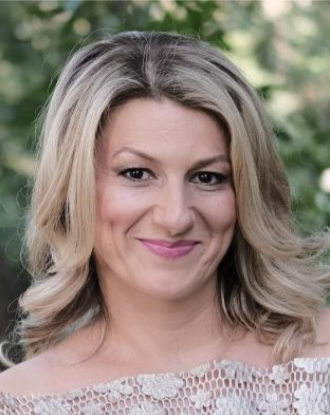
Dr Gordana Marković is a Western medical doctor with over 20 years of medical practice and a specialist in Social Medicine and Public Health. She has a master’s degree in Emergency surgery and a PhD in the improvement of quality of healthcare from the Faculty of Medicine, University of Belgrade.
Dr Marković studied Ayurvedic medicine in India, the Netherlands, Switzerland, Austria and Belgrade. She is the most experienced practitioner of Maharishi AyurVeda in Southeastern Europe and has published over 50 articles on Maharishi AyurVeda and Aromatherapy.
“After many years of practicing Western medicine I can say that I became a much better doctor when I learned Maharishi AyurVeda and pulse diagnosis. Ayurveda can be used as a separate system, but it is easily integrated as a great support to conventional Western medicine. By integrating the best of these two medical systems, we can significantly improve the health of our patients in the best way possible and reach more patients in need of medical help, who otherwise wouldn’t have been able to afford it.”
An overview of the curriculum
In the initial phase, students embark on a comprehensive journey through six subjects, covering the fundamental principles of Ayurveda. From the basic principles of prevention, diagnosis, and treatment to the intricacies of Ayurvedic herbal therapy and the management of tissues and channels, Phase I lays a robust foundation for understanding the essence of this ancient healing system.
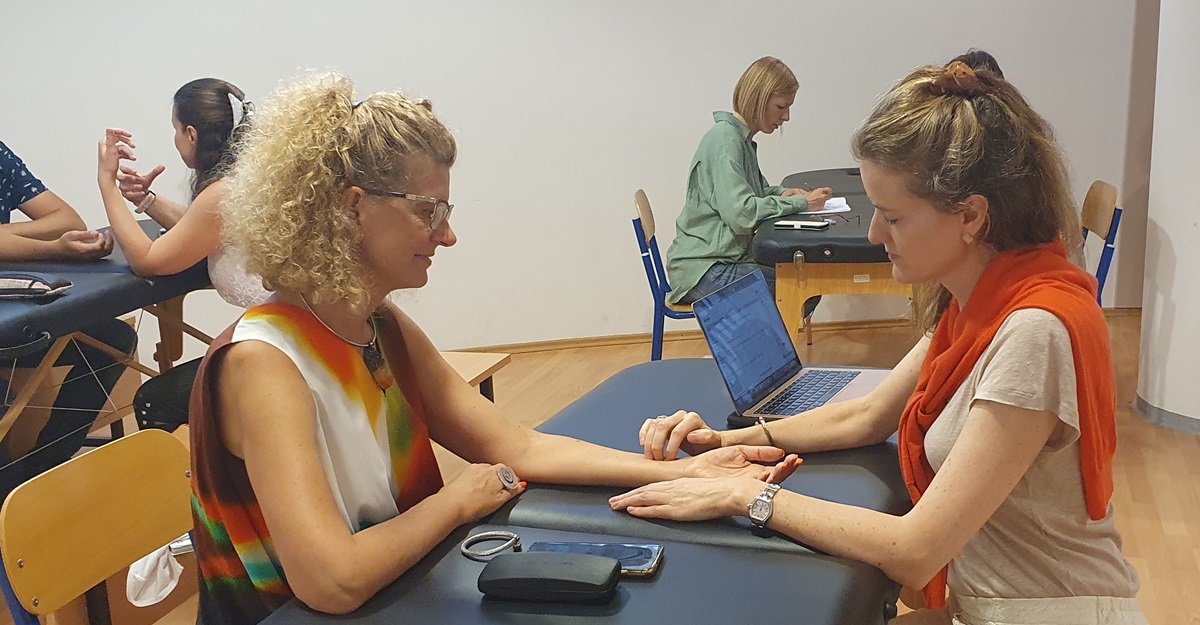
Right from the beginning you will receive specialized training in the ancient art of Ayurvedic pulse diagnosis, known as Maharishi Nadi Vigyan, which has been meticulously revived and refined to serve as an invaluable diagnostic tool for healthcare professionals. This unique method of analysing the pulse detects balanced or imbalanced functioning of the physiology influenced by diet, daily routine and the environment, and thereby can reveal diseases before symptoms arise.
Get a taste of what you will learn in the areas covered in Phase I.
1. Basic Principles of Prevention, Diagnosis and Treatment
Ayurvedic diagnosis involves a combination of methods to assess an individual’s physical, mental, and emotional constitution, such as the pulse diagnosis (Nadi Vigyan), observation (Darshanam), and questioning (Prashna) to pinpoint imbalances and develop specialised treatment regimens.
Through Ayurvedic pulse diagnosis, Nadi Vygyan, the expert practitioner can detect any imbalance in Prakiriti doshas – Vatta, Pitta, and Kapha as well as Panch Mahabhootas – the five elements of the universe. The pulse can reveal any disturbance in the equilibrium, and reveal diseases before symptoms are visible.
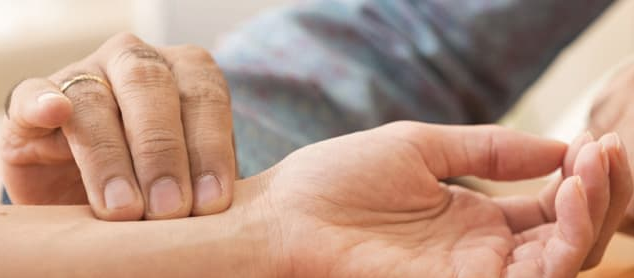
This is done by placing three fingers below the wrist and measuring the radial artery – the Vata pulse is felt under the index finger, the Pitta pulse is taken under the middle finger, and the Kapha pulse is located under the ring finger.
Our students learn the art of Nadi Vigyan and get to practice feeling patients pulses from week one.
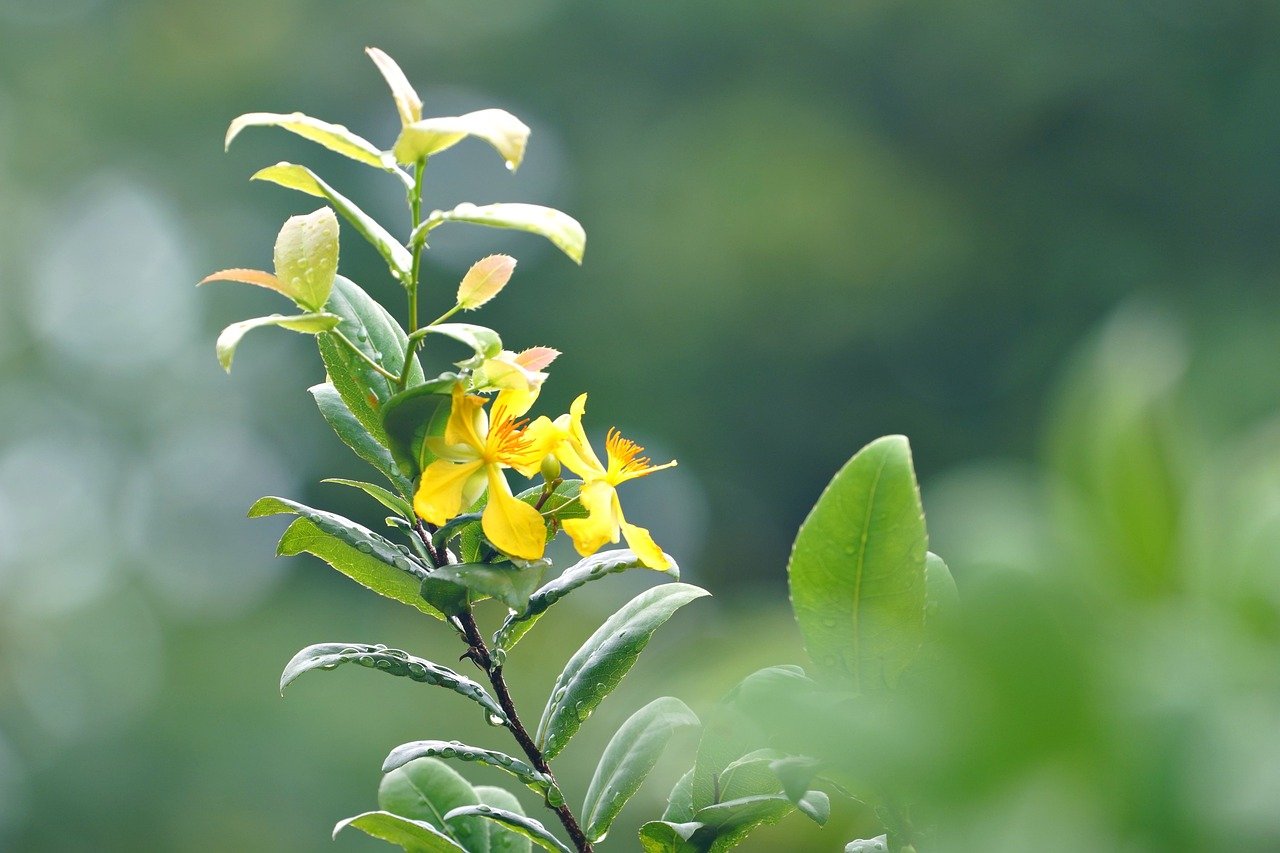
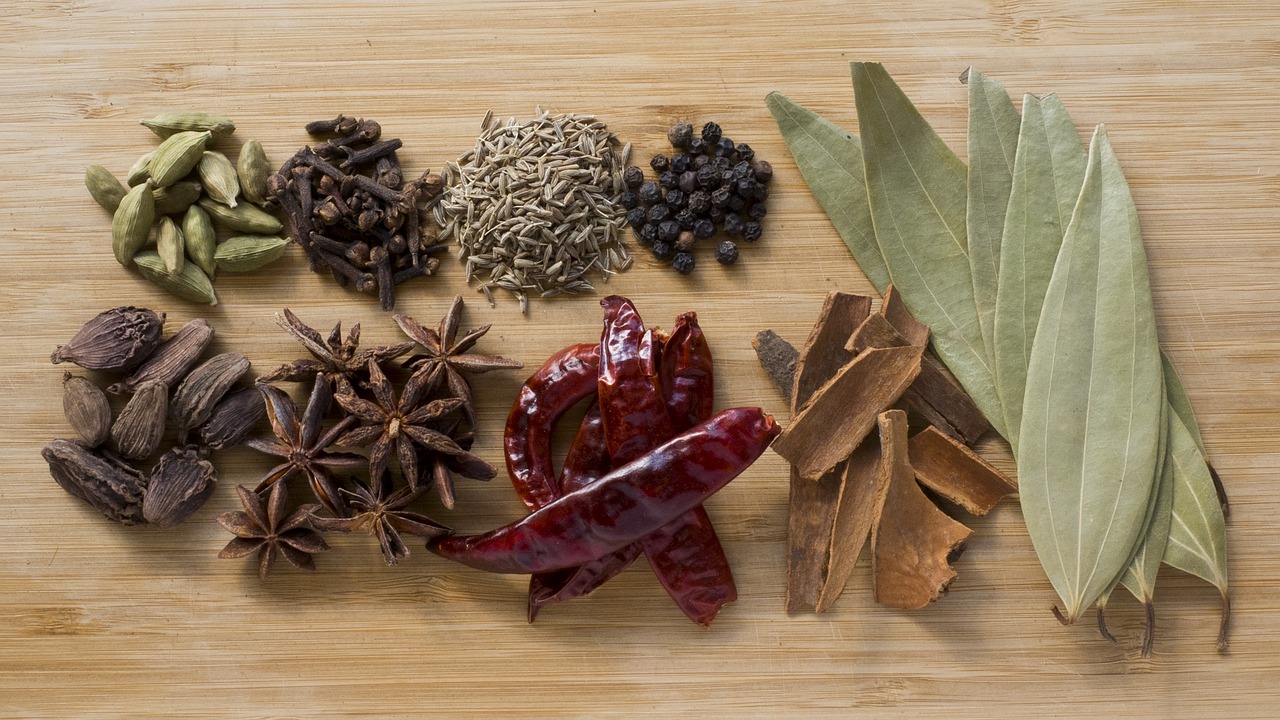
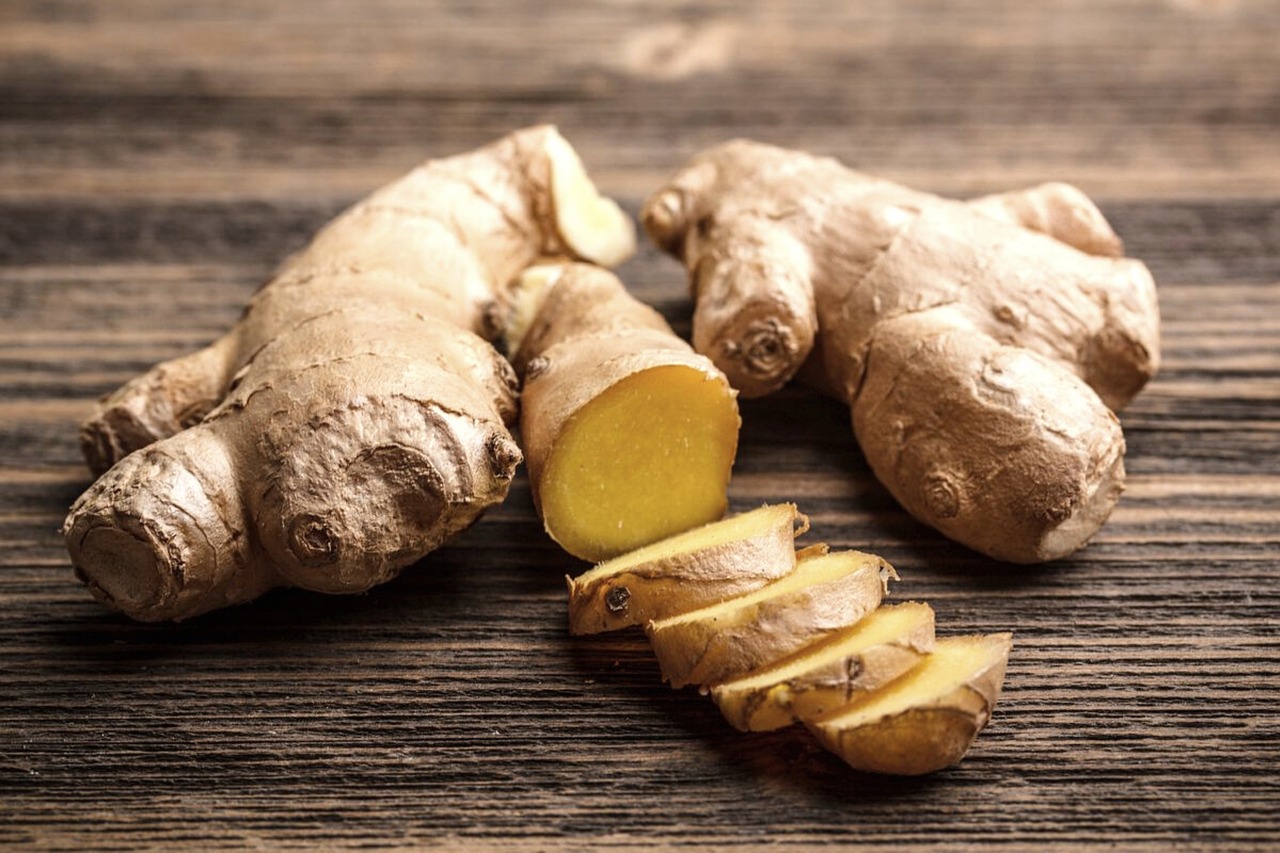
Dinacharia: The word Dinacharya is derived from two words; ‘dina’ meaning day and ‘acharya’ meaning activity.
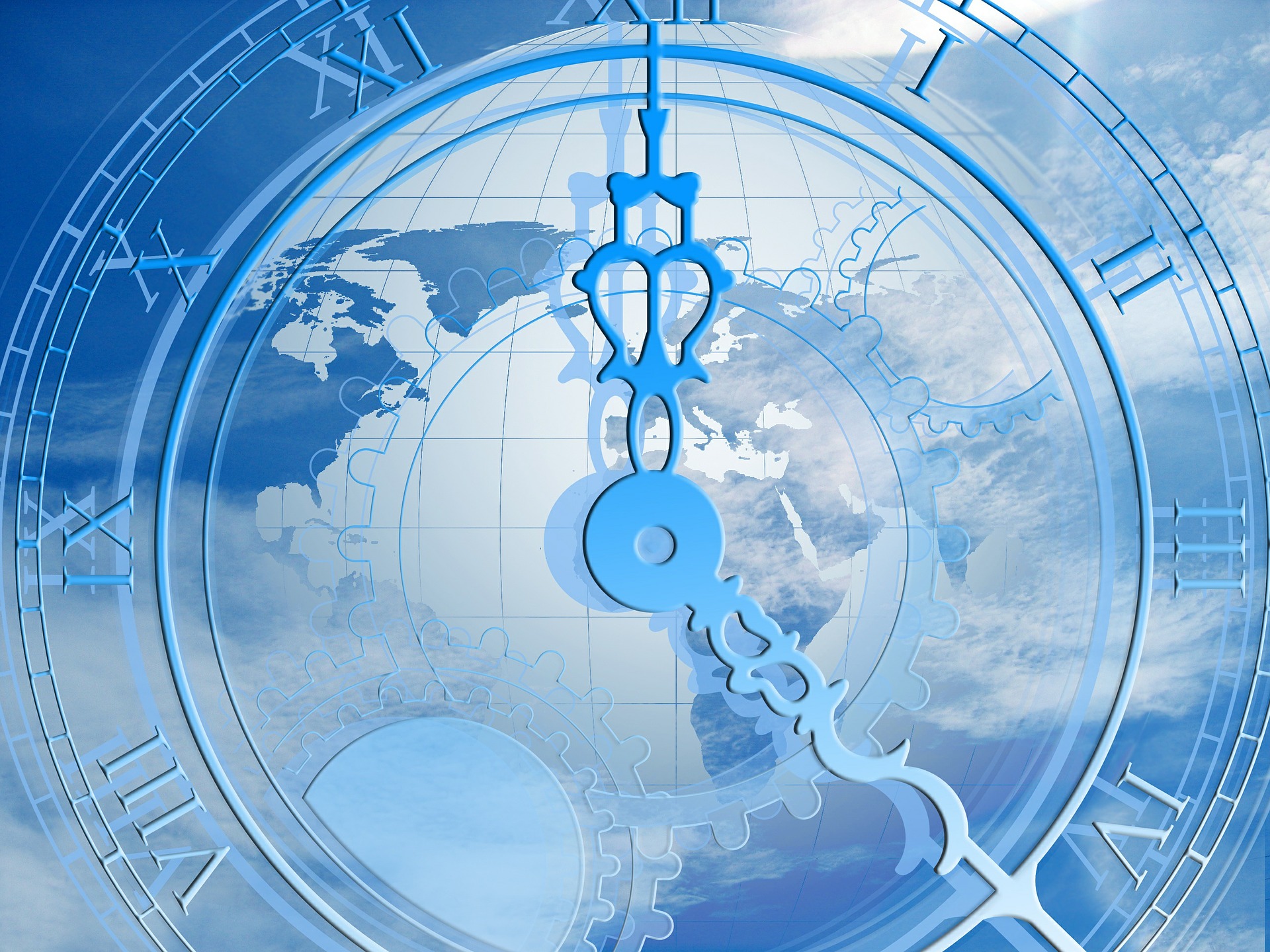
Dinacharya, according to Ayurveda , is a daily routine that promotes self-care through different daily activities. By bringing us in tune with nature, it regularizes our own biological clock and makes us more self-aware. If you follow this routine regularly with intense care and dedication, your health will benefit in several ways.
Our inner clock is located in the middle of the brain, in the suprachiasmatic nucleus of the hypothalamus. Its cycle takes about 24 hours and needs the alternating change of day and night.
But to keep in tune with nature requires additional „time givers“ such as the bed and mealtimes. This is exactly why Ayurveda emphasizes having meals and bedtimes on time to keep the body healthy. According to Ayurveda, following a proper Dinacharya is even the most important way to stay healthy, more critical than herbs or any other recommendation.
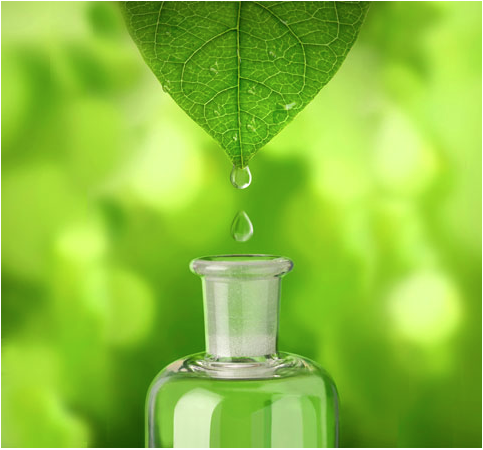
Aromatherapy is the practice of using essential oils for therapeutic benefit. When inhaled, the scent molecules in essential oils travel up the olfactory cavity via the nasal-brain channels to act on the cerebral cortex, thalamus and limbic system in the brain, the emotional center of the brain, leading to specific physiological responses.
In this course you will learn how to choose and apply a special selection of essential oils to balance the Doshas.
Participants will receive a wealth of interesting knowledge about essential oils, their properties and applications, their history and their chemistry. The course also includes a review of scientific research on essential oils.
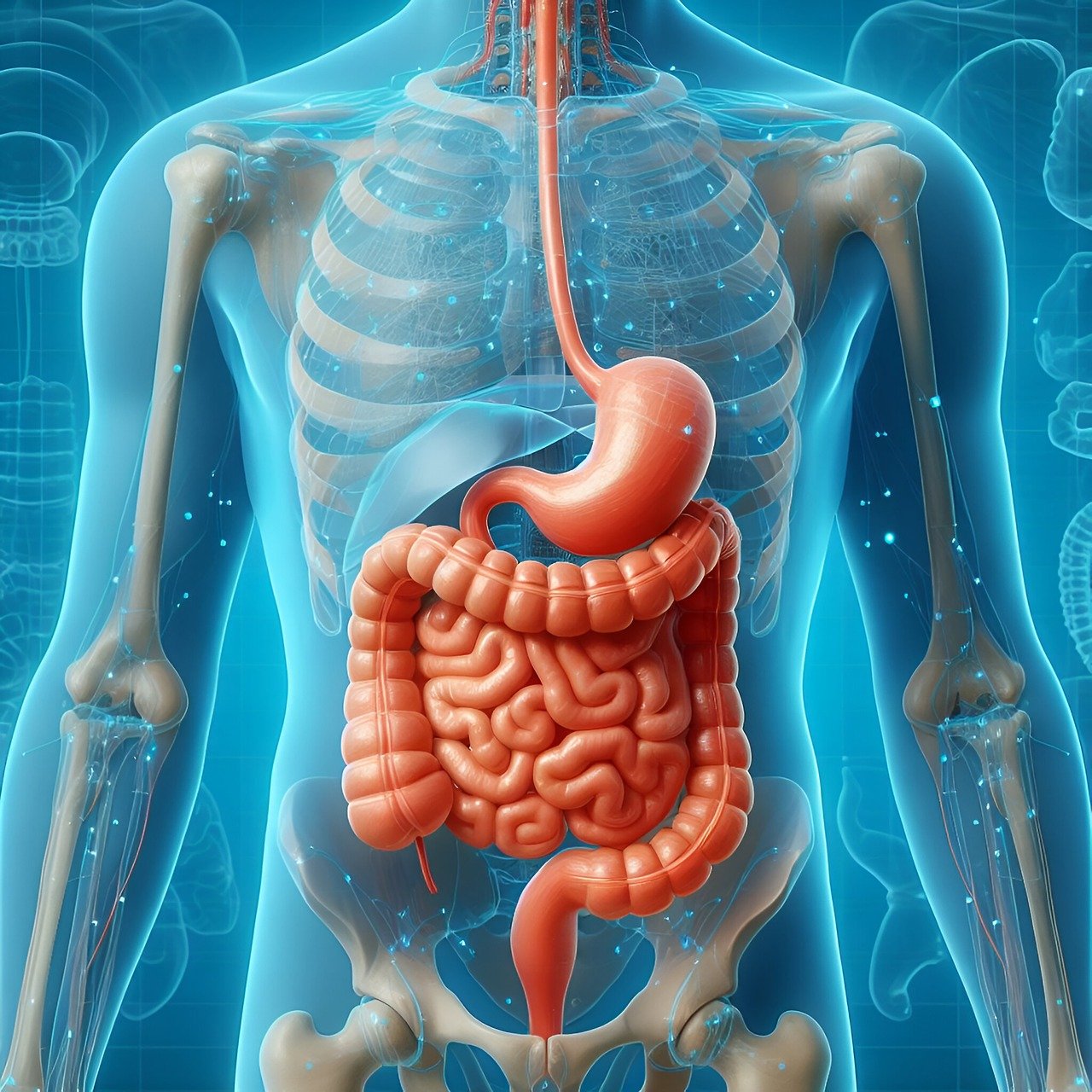
The doshas of the body (energy principles) , Vata, Pitta and Kapha move from one part of the body to another via channels called Srotas.
The largest Srota or channel is the Maha Srota or gastrointestinal tract (Maha – large or great). The smallest Srotacan be found in single cells in the body that under the microscope reveal that they are porous. Through these porous channels oxygen and nutrients can be absorbed and waste products like carbon dioxide can be expelled. So the Srotas in the body act like paths or roadways transporting blood and sensory information, absorbing nutrients and expelling waste products from the body.
“Dhatus” refers to the seven fundamental tissues that constitute the human body. Derived from the Sanskrit word “Dhātu,” meaning “that which holds,” Dhatus represent the building blocks of our physical structure and are responsible for maintaining the overall health and functioning of the body. These seven tissue layers include the lymph (rasa), blood (rakta), muscles (mamsa), fat (meda), bone (asthi), nerves (majja), and reproductive organs (shukra).
Phase II of the one-year programme - advancing skills:
Upon completion of Phase I, our students progress to the advanced Phase II,
where they delve into three specialized subjects:
Maharishi AyurVeda Marma Therapy
Maharishi AyurVeda Marma Therapy takes center stage, teaching the art of treating vital points in the body with essential oils. The delicate touch and specific blends used in MAV Marma Therapy aim to revitalize and rejuvenate, unlocking the inner intelligence of these vital points.
Maharishi AyurVeda Aroma Therapy II
The programme further explores the application of Aromatherapy according to Maharishi AyurVeda principles, enhancing the student’s ability to prescribe essential oils for various health conditions.
Dravyaguna – Ayurvedic Herbal Therapy II
Ayurvedic Herbal Therapy (Dravyaguna), Part 2, completes Phase II, providing a holistic understanding of herbal treatments.
Our graduates
Testimonials from our students and graduates echo their enthusiasm for this programme, where they find themselves equipped with essential practical knowledge and skills to apply the profound knowledge of Ayurveda in their practice and lives.
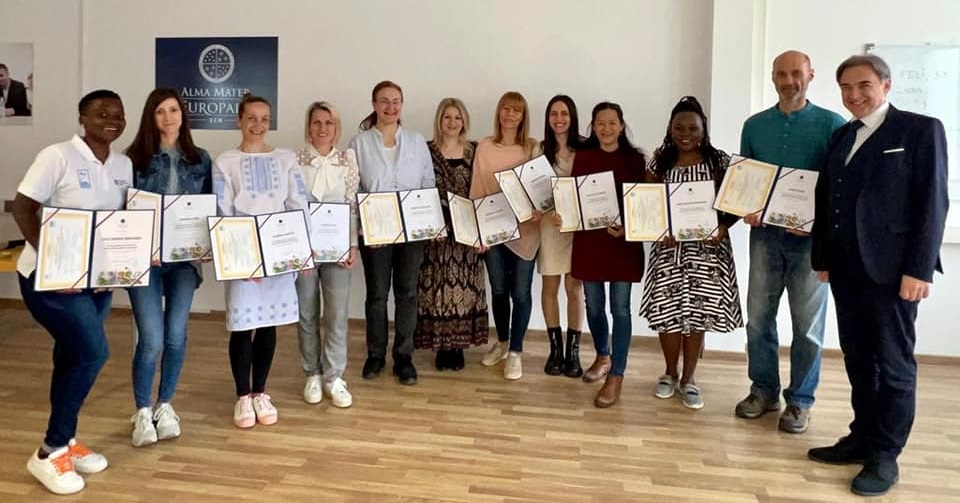
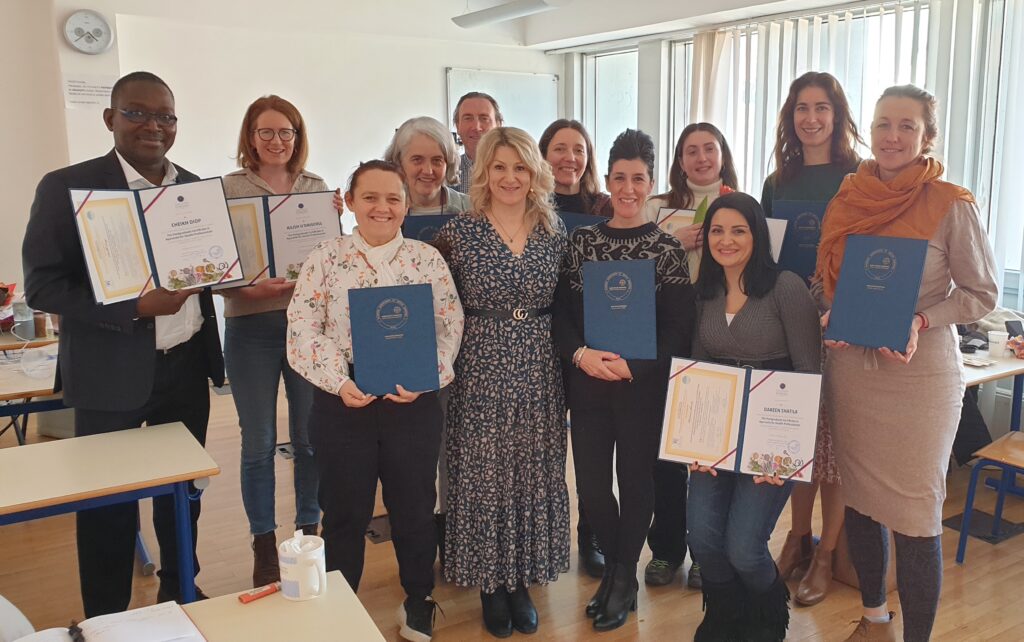
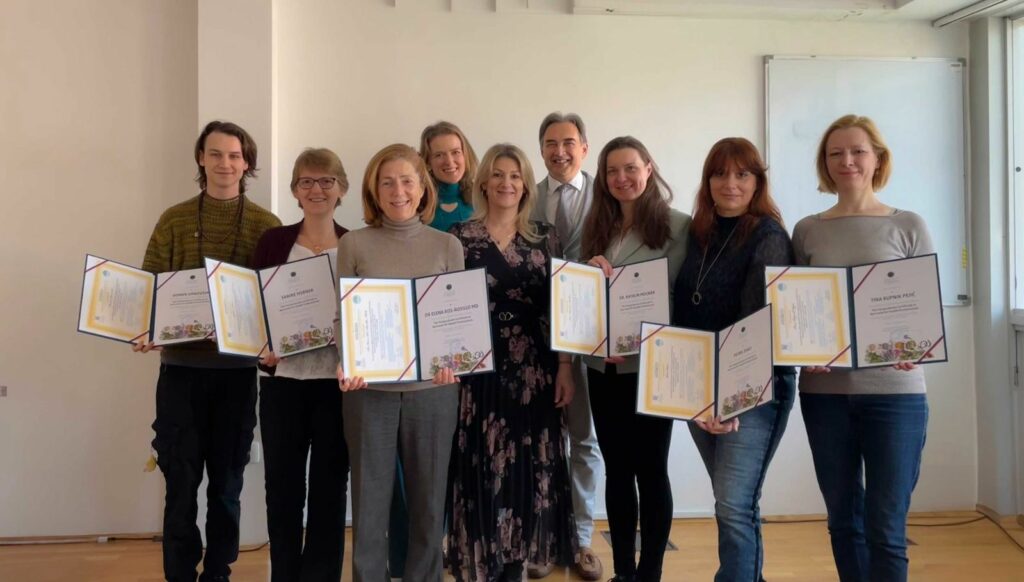
Moving forward
As we enter the sixth year of our Professional Training Programme in Ayurveda, MCPHI and Alma Mater continue to inspire and equip students with the wisdom of Ayurveda. Join us in Maribor, online, and at home, as we unravel the secrets of this ancient healing system, empowering you to bring health and harmony to yourself and others.
The one-year training programme commences annually each spring.

